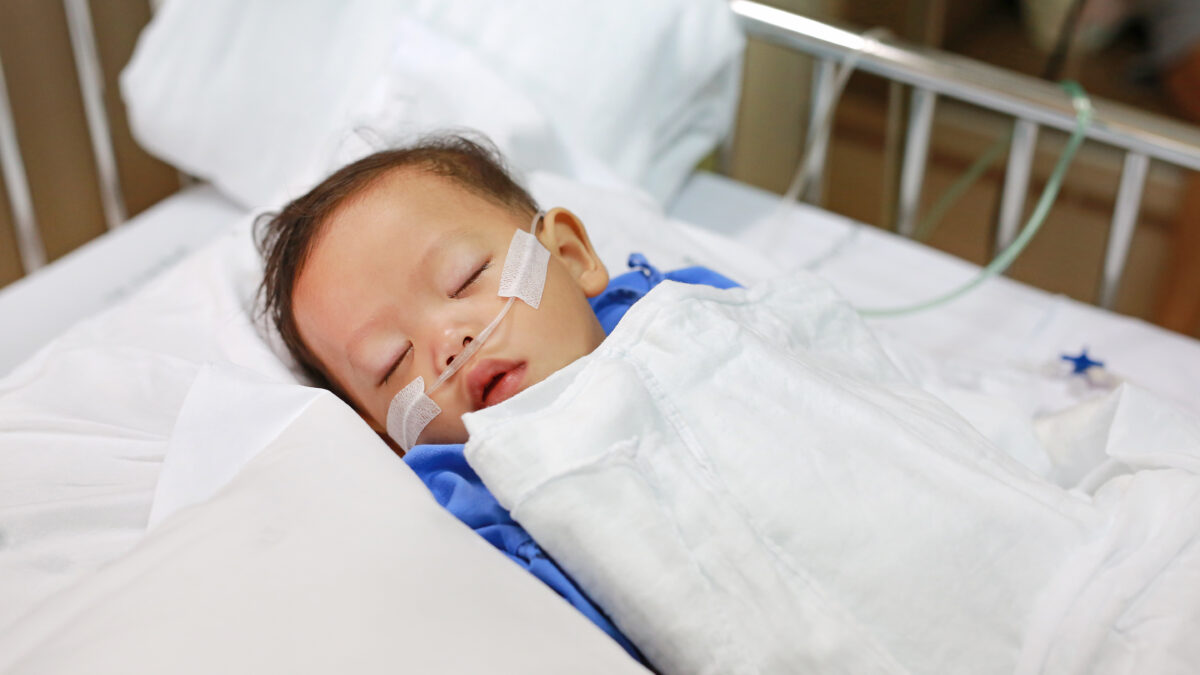Most serious outcomes for infants who contract respiratory syncytial virus could be eliminated by wider access to infant and maternal immunizations.
Early Immunization Access Matters
Respiratory syncytial virus is common, with most children getting it before age 2. But early access to immunization can significantly lower the risk of complications, hospitalizations and deaths among babies and young children.
Current data suggest between 36,000 and 72,000 hospitalizations and 250 deaths could be prevented annually if infant and maternal immunizations for RSV were administered before babies’ first exposure. Last year, the FDA approved and CDC recommended an immunization for infants and maternal vaccine for mothers as new options to protect infants from RSV.
Data from the winter of 2023-2024 show nirsevimab, an injectable long-acting preventive monoclonal antibody given to newborns, reduced the likelihood of RSV-associated hospitalization by around 90%.
The Yukon Delta system in central Alaska, which experiences the country’s highest morbidity and mortality rates of infants from RSV, saw a notable decrease in infant hospitalizations after prioritizing broad access to immunization. In the first year nirsevimab was available, RSV-related hospitalizations of young children dropped from 60 to 19.
Shared Decision-Making in RSV Prevention
Most parents are highly motivated to protect their newborn but may be unaware of the existence or benefit of RSV prevention options. Others may be curious yet confused or vaccine hesitant.
As new options become available, health care providers should take the time to talk with families, especially first-time parents, about ways to minimize the risk of RSV. Health care providers and parents are encouraged to talk through all options and engage in shared decision making when determining the most protective approach for each baby.
The virus is the leading cause of hospitalization among infants, so there’s no better time than now, during RSV Awareness Month – October – to promote preventive measures.
